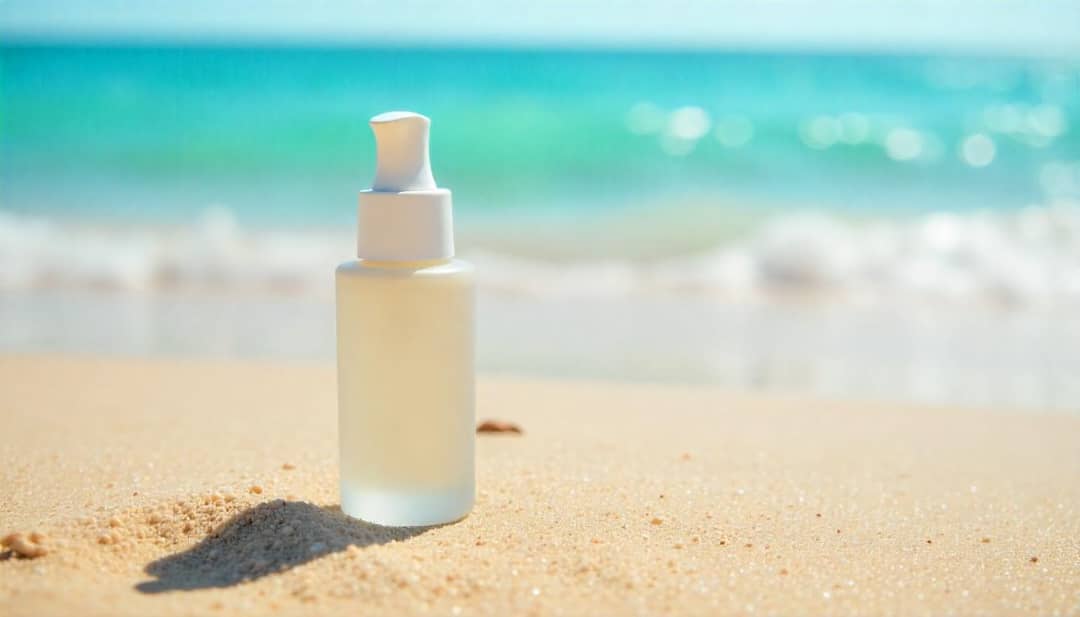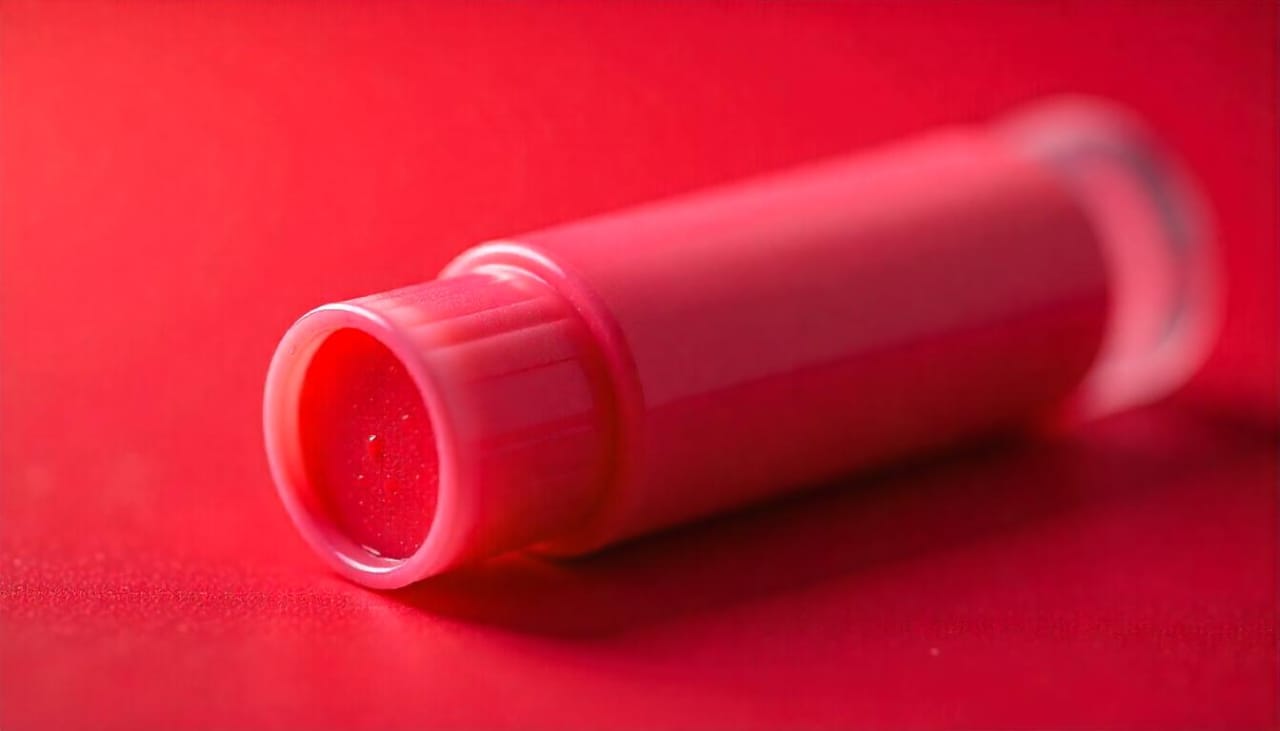As the beauty and skincare world becomes more advanced, we’re constantly discovering new ways to keep our skin looking youthful and radiant. One of the most powerful tools in this battle against aging is antioxidant serums. These lightweight, potent formulas are packed with powerful ingredients that fight oxidative stress, protect your skin from environmental damage, and support its natural ability to regenerate.
But what exactly are antioxidants, and why should they be a staple in your skincare routine? In this blog, we’ll explore the science behind antioxidant serums, how they fight aging, and which antioxidants to look for in your products.
What Are Antioxidants?
Antioxidants are molecules that neutralize free radicals—unstable molecules that cause oxidative stress. Free radicals are produced in response to environmental factors like sun exposure, pollution, smoking, and even natural body processes. Over time, these free radicals damage skin cells, accelerating the aging process by breaking down collagen and elastin—the proteins responsible for skin’s structure and elasticity.
By applying antioxidant-rich serums, you can help prevent this damage and protect your skin’s health from the inside out.
Key Antioxidants in Serums
There’s a variety of antioxidants used in skincare, each bringing its unique benefits. Here are some of the most common and effective antioxidants you’ll find in serums:
1. Vitamin C
Vitamin C is a superstar antioxidant, known for its ability to brighten skin and fade dark spots while protecting against UV-induced damage. It also helps boost collagen production, which reduces the appearance of wrinkles and fine lines. Look for serums with ascorbic acid (the purest form of Vitamin C) for maximum results.
2. Vitamin E
Vitamin E is another powerful antioxidant that works synergistically with Vitamin C. It’s known for its ability to hydrate, soothe, and repair the skin. This antioxidant also provides anti-inflammatory benefits, reducing redness and irritation, and can help protect against sun damage when used alongside other sun-protective ingredients.
3. Ferulic Acid
Ferulic acid is a lesser-known but highly effective antioxidant. It’s often used alongside Vitamin C and Vitamin E to enhance their efficacy and protect against free radicals. This combination has been shown to stabilize Vitamin C and increase its benefits.
4. Green Tea Extract
Rich in polyphenols, particularly EGCG (epigallocatechin gallate), green tea extract helps protect skin cells from oxidative stress, reduces inflammation, and improves the overall texture and tone of the skin. It’s a go-to ingredient for sensitive skin due to its calming properties.
5. Resveratrol
Resveratrol is a potent antioxidant found in grapes and red wine. It has powerful anti-aging properties, helping to reduce fine lines and protect skin cells from free radical damage. Resveratrol is also known to boost skin’s natural barrier, improving its ability to retain moisture and stay hydrated.
6. Coenzyme Q10 (CoQ10)
CoQ10 is a naturally occurring antioxidant that’s present in every cell of your body, but its production decreases as you age. Applying serums with CoQ10 helps combat signs of aging by supporting collagen production, improving elasticity, and increasing skin vitality.
How Antioxidant Serums Protect Your Skin from Aging
1. Fighting Free Radicals
The most important function of antioxidants is to neutralize free radicals and prevent them from breaking down collagen and elastin. Without this protection, your skin can age prematurely—leading to wrinkles, fine lines, sagging, and dull skin. Antioxidant serums protect your skin from these harmful molecules and keep it looking youthful.
2. Boosting Collagen Production
Many antioxidants, especially Vitamin C, help stimulate collagen production. Collagen is the protein that gives your skin its firmness, structure, and elasticity. As collagen breaks down over time, skin becomes thinner, more fragile, and prone to wrinkles. Antioxidant serums boost collagen production, helping skin stay firm and plump.
3. Reducing Hyperpigmentation
Excessive sun exposure and free radical damage can lead to dark spots, uneven skin tone, and hyperpigmentation. Antioxidants like Vitamin C and green tea extract help brighten skin, reduce dark spots, and promote a more even complexion.
4. Preventing Skin Inflammation
Oxidative stress doesn’t just affect your skin’s appearance—it can also lead to chronic inflammation, which contributes to acne, redness, and irritation. Antioxidants, especially green tea extract and resveratrol, help calm inflammation and soothe irritated skin, giving your skin the chance to heal and regenerate.
How to Use Antioxidant Serums in Your Routine
- Start with a Clean Face: Cleanse your face to remove dirt, oil, and makeup.
- Apply a Toner (Optional): If you use a toner, apply it before your antioxidant serum to balance your skin’s pH.
- Apply Your Antioxidant Serum: Use a few drops of your antioxidant serum and apply it evenly across your face.
- Follow with Moisturizer: Finish off with a nourishing moisturizer to lock in hydration.
- Use Sunscreen Daily: Antioxidants work best when paired with sun protection. Make sure to wear sunscreen every day to prevent further free radical damage.
Final Thoughts: The Protective Power of Antioxidants
Antioxidant serums are more than just anti-aging products—they’re the first line of defense against the environmental stressors that cause premature aging. Whether you’re dealing with fine lines, hyperpigmentation, or simply want to protect your skin from the outside world, antioxidant serums offer a safe, effective solution for maintaining youthful, glowing skin.
Incorporate an antioxidant serum into your daily skincare routine, and watch your skin become more resilient, radiant, and age-proof over time.




Leave a Reply